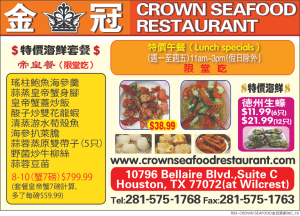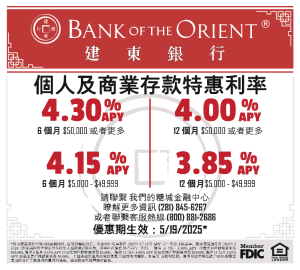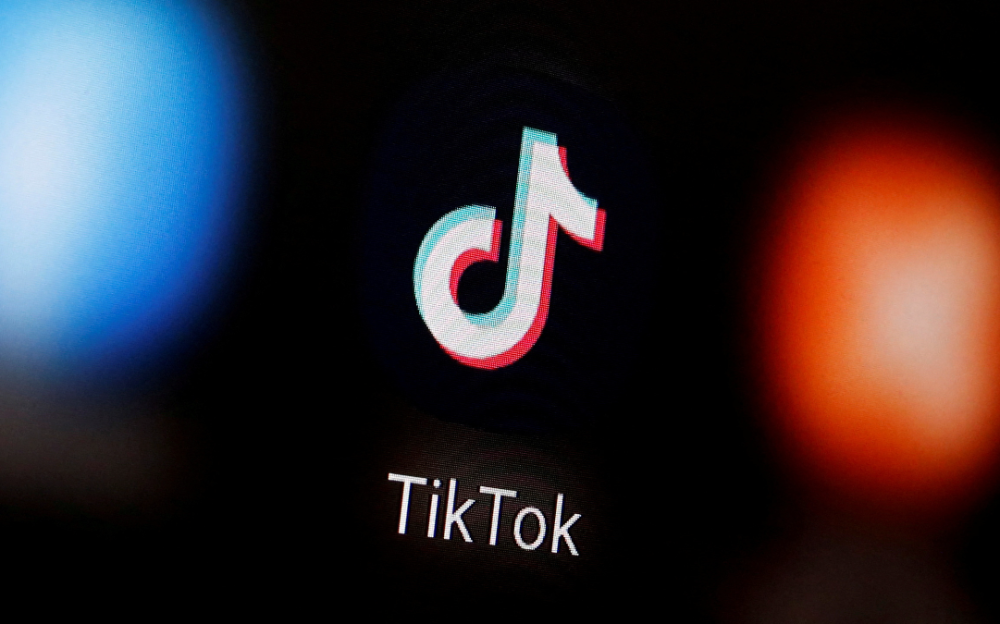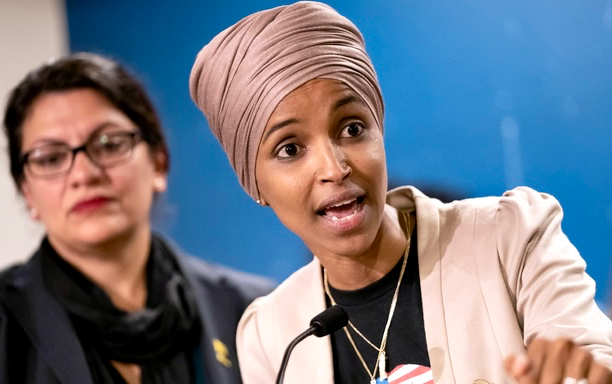川普總統訪華:外交棋局中的不確定性
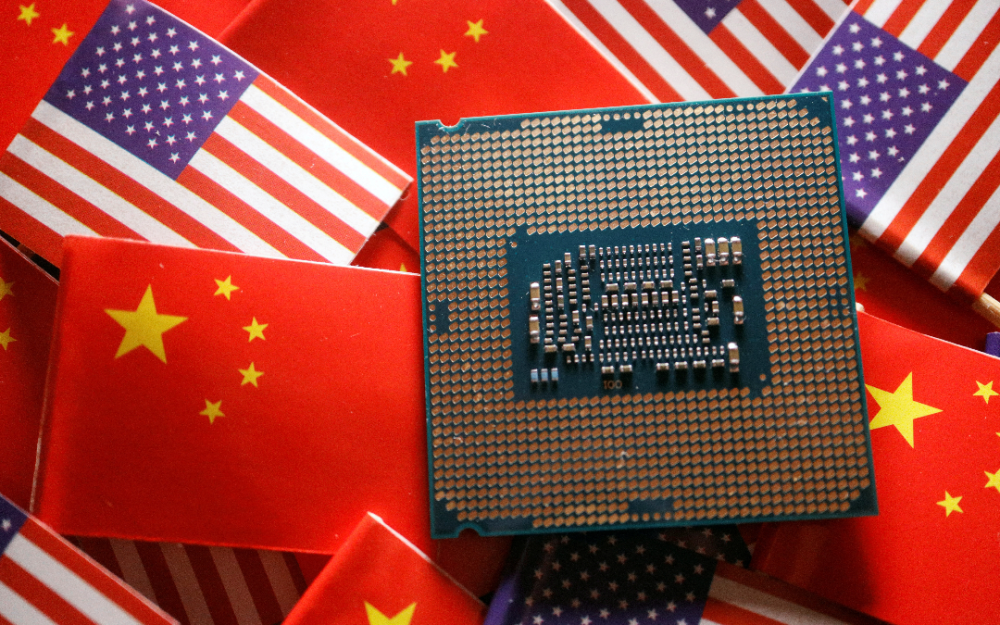
川普總統訪華:外交棋局中的不確定性
美國總統川普重新執政後,中美關係再次站上世界舞台的風口浪尖。近期外界關注的焦點之一,便是他是否會在 2025 年內正式訪問中國。雖然傳聞與猜測不斷,但迄今尚未有確定行程。然而,這場可能的訪華之旅,已經牽動了全球的政治、經濟與戰略想像。
外交層面的深意
川普以「交易式外交」著稱,他若選擇訪華,絕非單純的禮節性外交,而是一次具談判性質的政治秀。北京方面可能期待透過高層交流,為受制裁的經濟與科技領域尋求緩衝;而美國則可能要求中國在貿易逆差、投資市場開放等議題上讓步。這將是一場既充滿張力又暗藏契機的外交博弈。
美國內政的算盤
訪華對川普而言,也是一盤內政棋。他的支持者對中國態度複雜:既擔心中國挑戰美國霸權,又期待雙邊合作能帶來具體經濟利益。如果川普能從訪華中帶回新的協議或承諾,將有助於穩固其政治形象。此外,他還能以「唯我能與北京談判」的姿態,對比前任政府的強硬政策,進一步增強其領導正當性。
時間與戰略考量
據消息人士透露,原本可能安排在 2025 年 9 月的訪問已推遲,但仍有機會於 10 月或 11 月進行。這樣的時間點,與國際多邊會議時序接近,既能利用國際場合做鋪陳,又能與亞洲其他盟友互動,形成區域戰略上的呼應。若川普選擇在訪華前後造訪日本、南韓等國,將進一步增添談判籌碼。
前路的挑戰
然而,川普訪華仍充滿變數。首先是台灣問題,台海局勢的敏感性決定了中美對話的成敗。其次是貿易與關稅,川普過去高舉關稅大棒,未來是否會以減免為條件換取中國讓步,尚待觀察。再者,國際輿論也可能對川普施壓,質疑他是否「對中國示好」或「犧牲盟友利益」。這些都為訪問增添了不確定性。
結語:在對抗與合作之間
川普是否訪華,既是一次外交動作,也是一次政治算盤。對中國而言,這是重建溝通機制的契機;對川普而言,這是展示領導力、塑造「談判高手」形象的舞台。訪華若成行,勢必將在全球引發連鎖效應;若延後甚至取消,也同樣會成為國際輿論的熱點。可以肯定的是,中美關係這盤大棋,仍將繼續牽動世界的未來走向。
Trump’s Possible Visit To China: Uncertainty In The Global Chess Game
With Donald Trump back in the White House, U.S.-China relations have once again become the focus of global attention. One of the most closely watched questions is whether he will make an official visit to China in 2025. While speculation abounds, no firm plans have been confirmed. Still, the very possibility of such a trip has already stirred political, economic, and strategic calculations worldwide.
Diplomatic Implications
Known for his “transactional diplomacy,” Trump would not likely treat a China visit as a mere courtesy call. Instead, it would serve as a stage for high-stakes bargaining. Beijing may see the opportunity to ease economic and technological pressures stemming from U.S. sanctions, while Washington could demand concessions on trade deficits, currency policies, or market access. The visit, if it occurs, would be more of a negotiation than a symbolic handshake.
Domestic Political Calculations
For Trump, the decision is also shaped by U.S. domestic politics. His supporters hold ambivalent views of China—concerned about its rise as a rival superpower, yet hopeful that cooperation might bring economic benefits. If Trump could return from Beijing with new agreements or investment promises, he would score a significant political win. Moreover, he could cast himself as the only U.S. leader capable of negotiating directly with Beijing, contrasting his approach with that of his predecessors.
Timing and Strategic Considerations
Reports suggest that a possible September 2025 visit has been delayed, though October or November remain on the table. The timing is strategic: it aligns with major international gatherings like the G20 or APEC, allowing Trump to pair multilateral diplomacy with bilateral talks. If he were to combine a China trip with visits to U.S. allies such as Japan or South Korea, he could further strengthen America’s regional leverage.
Challenges on the Horizon
Nevertheless, major obstacles remain. Taiwan is the most sensitive issue, with tensions across the strait shaping the feasibility of high-level engagement. Trade and tariffs also remain unresolved, as Trump previously imposed sweeping tariffs on Chinese goods—whether he would ease them in exchange for concessions is uncertain. On top of that, international observers may criticize a China trip as either “appeasement” or “betrayal of allies,” raising the political risks of such a move.
Conclusion: Between Confrontation and Cooperation
Whether Trump visits China is not just a question of diplomacy—it is also a political calculation. For Beijing, the visit would offer a chance to rebuild communication channels; for Trump, it would provide a platform to showcase his leadership and deal-making prowess. If the visit takes place, it could trigger significant shifts in global affairs; if postponed or canceled, it will still remain a focal point of international debate. One thing is certain: the U.S.-China relationship will continue to shape the future of the world order.









